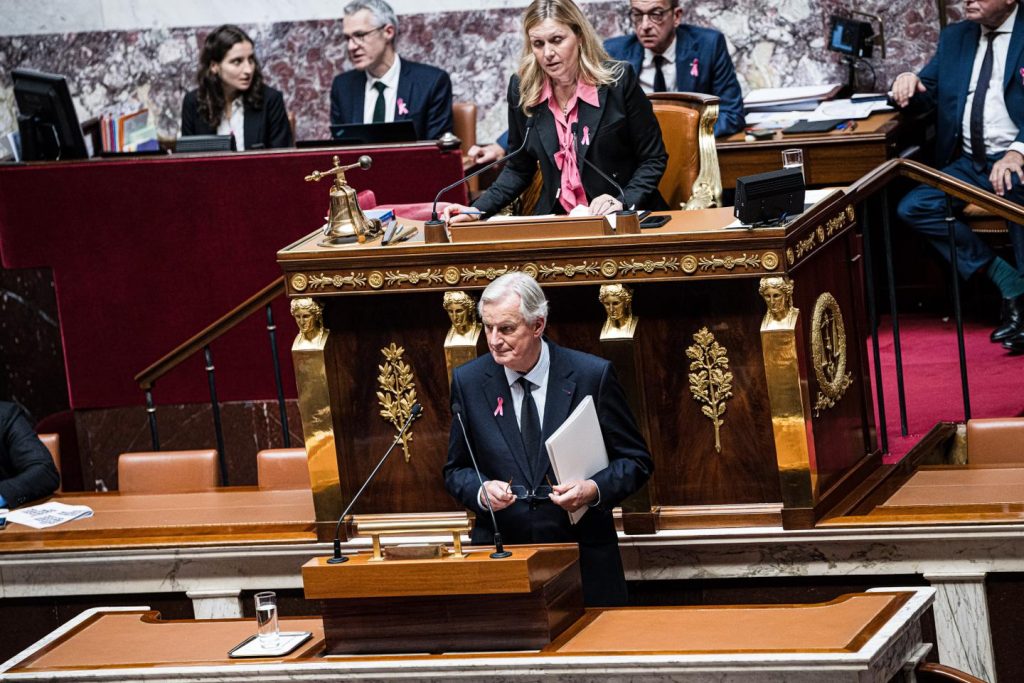In his general policy statement at the National Assembly in Paris on October 1, 2024, Prime Minister Michel Barnier discussed the challenges of being both a Gaullist and pro-European. As a former European Commissioner, he has proposed implementing a moratorium to delay the enforcement of certain heavy regulations from the European Union, citing unreasonable norms and constraints in some cases. Barnier specifically mentioned the need to reexamine the scope of the CSRD directive, which strengthens companies’ obligations to publish social and environmental data, suggesting that the implementation of this law may need to be reconsidered.
Barnier’s proposal to postpone the implementation of certain European texts aligns with the desire for administrative simplification, a goal advocated by business groups such as Medef. While the Prime Minister did not provide specific details about his intentions, Matignon stated that several avenues are being explored to alleviate constraints related to the implementation of the CSRD directive. However, failure to comply with the deadlines set by European laws could result in France facing legal action and prosecution before the Court of Justice of the European Union in Luxembourg. Sebastien Maillard from the Jacques Delors Institute emphasized the importance of respecting the transposition deadlines set by EU legislation.
France has often been criticized for being behind schedule in transposing European directives, sometimes due to over-transposition of these texts, a practice that Barnier seeks to address. While some view delays in compliance as routine for France, others see it as a political move, particularly as an ex-Commissioner advocating the right to violate EU laws. Barnier has previously expressed a desire to regain legal sovereignty over migration issues, highlighting a potential trend of distancing himself from his past commitments.
Barnier’s statements have raised questions about his stance on upholding EU laws and regulations, particularly in the context of balancing his Gaullist beliefs with a commitment to the European project. Despite acknowledging the need for reforms, Barnier’s approach to delaying the implementation of certain EU regulations remains a topic of debate. As he navigates the complexities of his dual identity as a Gaullist and pro-European figure, observers are keen to see how he will reconcile these conflicting perspectives in his policy decisions.
The tension between adhering to EU laws and asserting national sovereignty reflects broader debates within the European Union about the balance of power between member states and EU institutions. Barnier’s calls for reevaluating the implementation of certain EU directives underscore the complexity of governing in a supranational context, where national interests and European unity often intersect. As he charts a course for France’s engagement with the EU, Barnier’s leadership will be closely scrutinized for its strategic alignment with both national priorities and European values.


